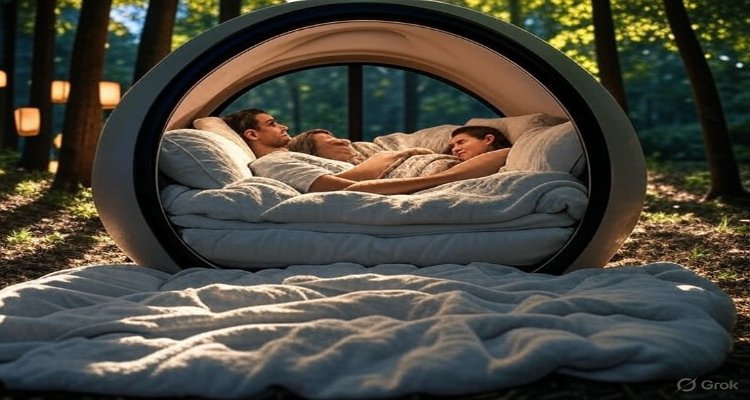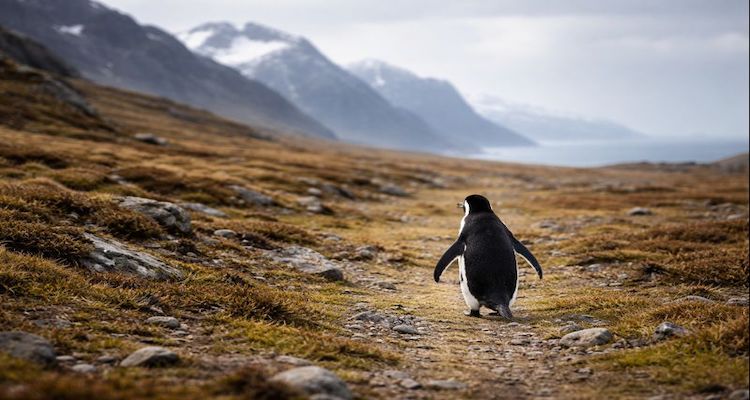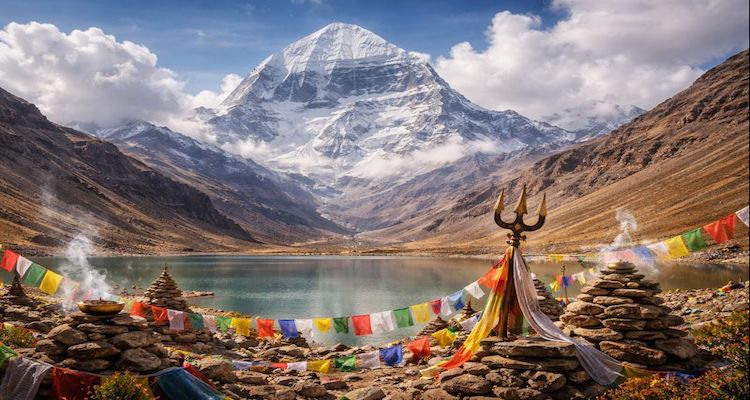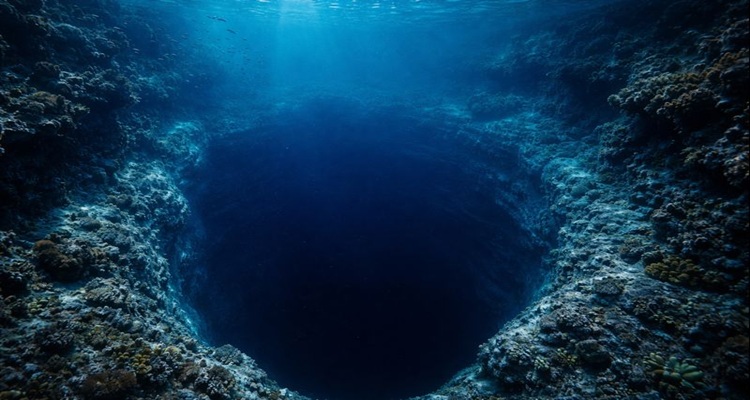The Rise of Sleep Tourism: Why People Travel Just to Rest

Sleep tourism is booming as exhausted travelers seek luxury retreats and science-backed programs to recharge. Here’s why rest has become a global travel trend.
Introduction: A New Kind of Journey
Not all vacations are about sightseeing, adventure, or fine dining. Increasingly, travelers are booking trips with a very different goal in mind—sleep. Welcome to the world of sleep tourism, where the destination isn’t just a city or resort, but the promise of deep, restorative rest. In an era marked by burnout, digital fatigue, and rising stress levels, sleep itself has become a luxury—and people are willing to travel across the world to find it.
Context & Background: From Burnout to Bedtime Retreats
For decades, tourism was defined by movement—beaches, mountains, and monuments. But as lifestyles became faster and work-life boundaries blurred, sleep deprivation grew into a global epidemic. According to the World Health Organization, nearly two-thirds of adults in developed nations fail to get the recommended seven to nine hours of nightly rest.
Enter sleep tourism. Originally a niche offering at wellness resorts, the concept has now become a mainstream travel trend. High-end hotels, spas, and even medical centers are rebranding their services to cater to those who want one thing above all else: uninterrupted, high-quality sleep.
Main Developments: How Rest Became a Travel Experience
Sleep tourism isn’t about just booking a room with blackout curtains. It’s an industry redefining hospitality with science and luxury combined. Some of the latest offerings include:
- Sleep-focused hotel rooms: Outfitted with soundproof walls, temperature regulation systems, and circadian lighting.
- Wellness retreats: Multi-day programs that combine yoga, meditation, sleep coaching, and nutrition for better rest.
- Technology-infused experiences: Hotels offering sleep-tracking devices, smart beds, and even “dream-enhancing” soundscapes.
- Destination escapes: Remote eco-resorts designed to disconnect guests from digital noise and reconnect them with natural rhythms.
Luxury chains like Six Senses, Aman, and Park Hyatt have invested heavily in sleep programs, while medical spas in Switzerland, Japan, and the U.S. now blend travel with neuroscience-backed treatments.
Expert Insight & Public Reaction
Sleep experts say the movement reflects more than just a travel fad—it’s a health necessity.
“Sleep has become the new status symbol,” notes Dr. Matthew Walker, neuroscientist and author of Why We Sleep. “People are realizing that productivity, beauty, and longevity all depend on quality rest, and tourism is responding to that demand.”
Travel analysts also point out that sleep tourism aligns with broader wellness trends. Global wellness tourism was valued at over $800 billion in 2023 and continues to grow. Social media has amplified the appeal, with influencers showcasing retreats where the itinerary is built around bedtime.
On the consumer side, reactions have been overwhelmingly positive. For many travelers, the idea of a vacation designed to recharge—rather than exhaust—is a refreshing change.
Impact & Implications: Who Benefits and What’s Next?
The rise of sleep tourism signals a shift in how people perceive both travel and health.
- For travelers: It offers a chance to reset from chronic sleep debt and return home more energized.
- For the hospitality industry: It opens new revenue streams beyond conventional tourism.
- For public health: It raises awareness about the importance of sleep, potentially encouraging better habits at home.
Looking ahead, experts predict sleep tourism will evolve with personalized sleep retreats, where travelers receive tailor-made schedules based on genetics, sleep tracking, and lifestyle analysis. Hotels may even partner with healthcare providers to blend vacation with preventative medicine.
Conclusion: Rest as the New Luxury
In a world where time zones blur, phones never sleep, and stress levels soar, travelers are rewriting the definition of a “getaway.” The rise of sleep tourism shows that people are no longer satisfied with vacations that leave them exhausted. Instead, they’re booking experiences that let them slow down, disconnect, and prioritize one of the most basic human needs: sleep.
As the travel industry adapts, one thing is clear—rest is no longer just part of the trip. It is the trip.
Disclaimer :This article is for informational purposes only. It does not substitute for professional medical advice, diagnosis, or treatment. Always consult with a qualified healthcare provider for concerns regarding sleep or health.










